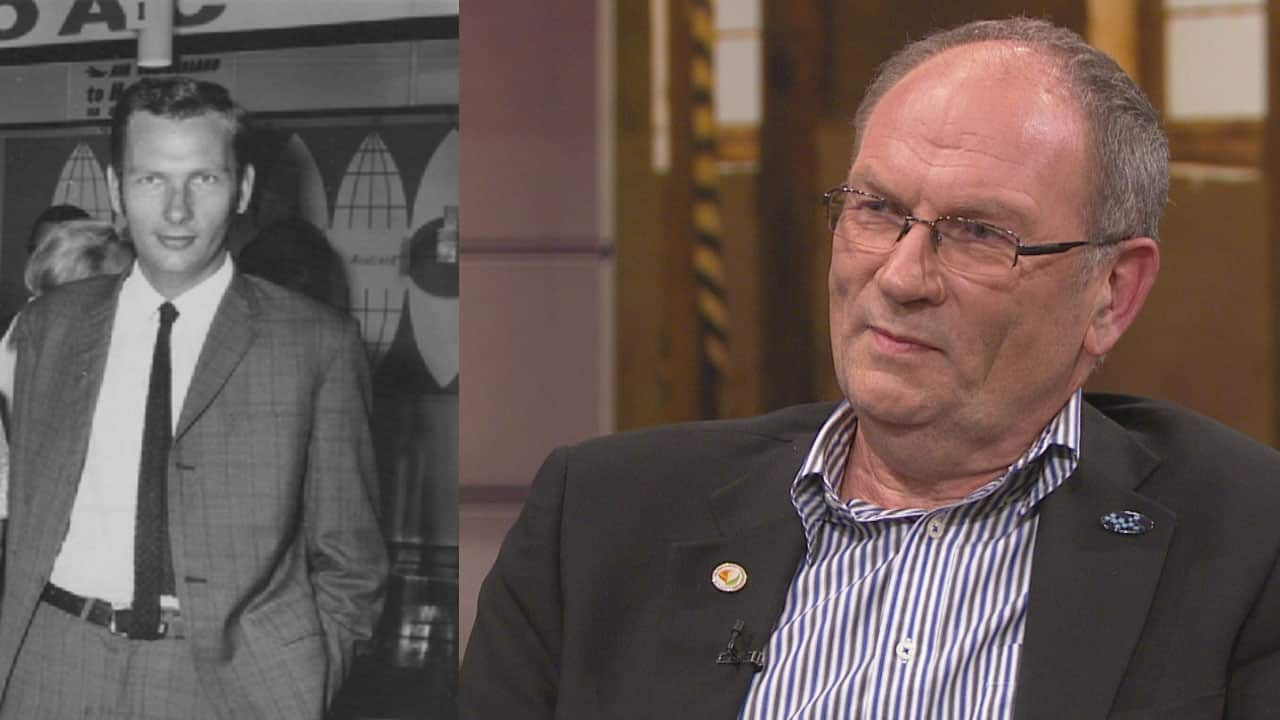Speaking as a father, I relate to the term 'forced adoption'. As the result of my neglect and cowardice in 1966, I caused an adoption to occur, unmindful of the consequences.
Other fathers, who sought to be actively involved in decisions about their infant's future report that, after the birth, they were banned by hospital staff from seeing the mother and their child. The father's consent for the adoption to take place could be and was often dispensed with, because it expedited the process. In such situations, unlike mine, it can be argued that the father was forced to be absent.
Mothers' accounts of discrimination in the Forced Adoption era are riddled with instances of mistreatment, manipulation and malpractice, including files of unmarried mothers automatically marked ‘baby for adoption’; mothers told ‘your baby has died’; mothers shackled to beds; a pillow placed on the mother’s chest or face so she could not see her newborn baby; single mothers prevented from holding their baby; consent to adopt given under duress; the baby adopted without a signed consent form; discouraging the mother from naming the father; mothers and fathers not informed of their rights, including the capacity to revoke consent within 30 days; and bullying, judgmental comments directed at mothers:
‘You got yourself into trouble, so you don’t deserve to keep the baby.'
‘If you love your baby you will give her to a real family.’
‘If you keep him, you prove you don’t love him.’
‘You need to atone for getting pregnant.’
'You are selfish and irresponsible if you prevent your baby from being adopted.’
The impact on mothers was and is profound. “I survived,” concluded one, “… But I don't live.”
Persons who were adopted during this period report, as adults, identifying with the statement that all adoptions are forced, in the sense that they have no say, when infants, in their placement and their fate. Their adoption resulted in the separation from their mother and the loss of original identity and family, embedded in a legal order. I've learned that the breakup of the original family continues to resonate as a well-being issue with adopted persons.
As the result of my neglect and cowardice in 1966, I caused an adoption to occur, unmindful of the consequences.
During the Forced Adoption era, adoption was promoted as the solution to an uncomfortable social situation. Concealment was paramount. The societal pressures to relinquish a child were passive (in the sense of being in the background), yet influential. They include the attitudinal climate - there was a stigma attached to illegitimacy at the time when most forced adoptions took place; parental disapproval of the pregnancy and/or the father of the child; and supply and demand imperatives (there were many prospective adopters offering respectable, two-parent homes).

I could use the social environment of the time as an excuse for not standing by Kay, the mother of my unborn child, but this would be to deny accountability for a decision it was my duty to make, considerately. Instead, I panicked, intent on self-preservation; I thought about one person, instead of three. I regret my lack of humanity to this day.
The consequences of my misguided action have been significant. Kay was left with no other option but to place her child for adoption. As a single mother, she was not allowed to hold him after his birth. She saw him only once whilst she was in hospital. A sympathetic nurse, disobeying orders, allowed Kay to view her baby through the nursery window. Kay has never forgotten the agony of being separated from her son by adoption.
A morally indefensible decision irredeemably altered the lives of two people who remain dear to me. I was consumed and disabled by guilt for decades.
More than a quarter of a century after the adoption took place, I sought Kay and apologised to her for the pain I had caused. I reinforced this turnaround by arranging to have my name added retrospectively to our son's original birth certificate. I found Kay's acceptance and forgiveness quite overwhelming, and yes, undeserved.
My adult son has said he does not blame Kay or me for being raised in another family. He acknowledges a lack of curiosity about his origins, namely his mother and father, which I find odd and daunting. For adopted persons, is not identity a fundamental matter that requires engagement and settlement? Not universally, it seems. I welcome a reunion with my son, should he consent to this development.
My adoption experience has a considerable legacy. A morally indefensible decision irredeemably altered the lives of two people who remain dear to me. I was consumed and disabled by guilt for decades. These are the hellish consequences of forcing an adoption to occur.
Gary Coles is a guest on Insight's Forgotten Fathers, looking at the experiences of fathers whose children were forcibly adopted from the 1950s - 1980s | Catch up online now:
[videocard video="705552963527"]
Insight is Australia's leading forum for debate and powerful first-person stories offering a unique perspective on the way we live. Read more about Insight
Have a story or comment? Contact Us


